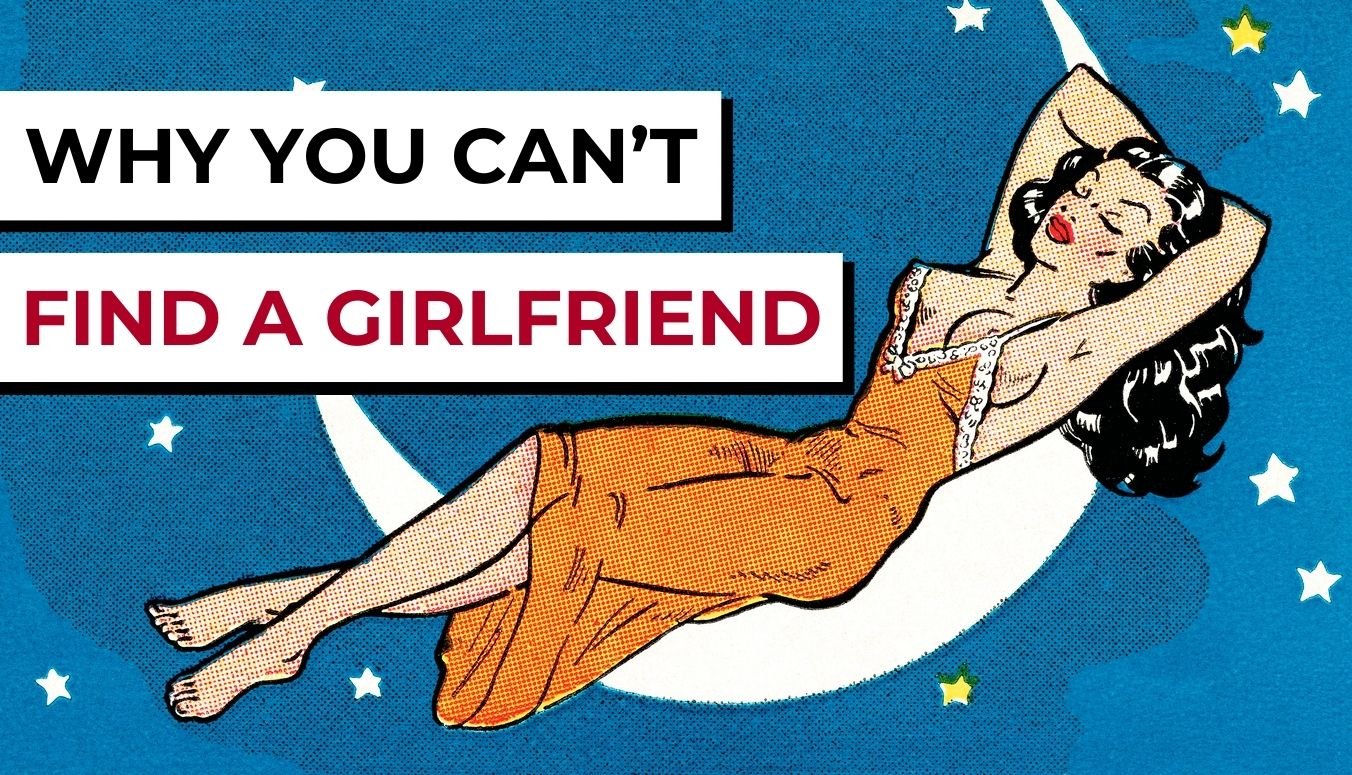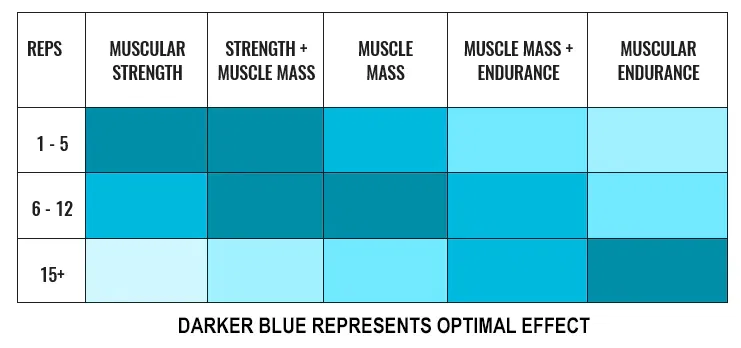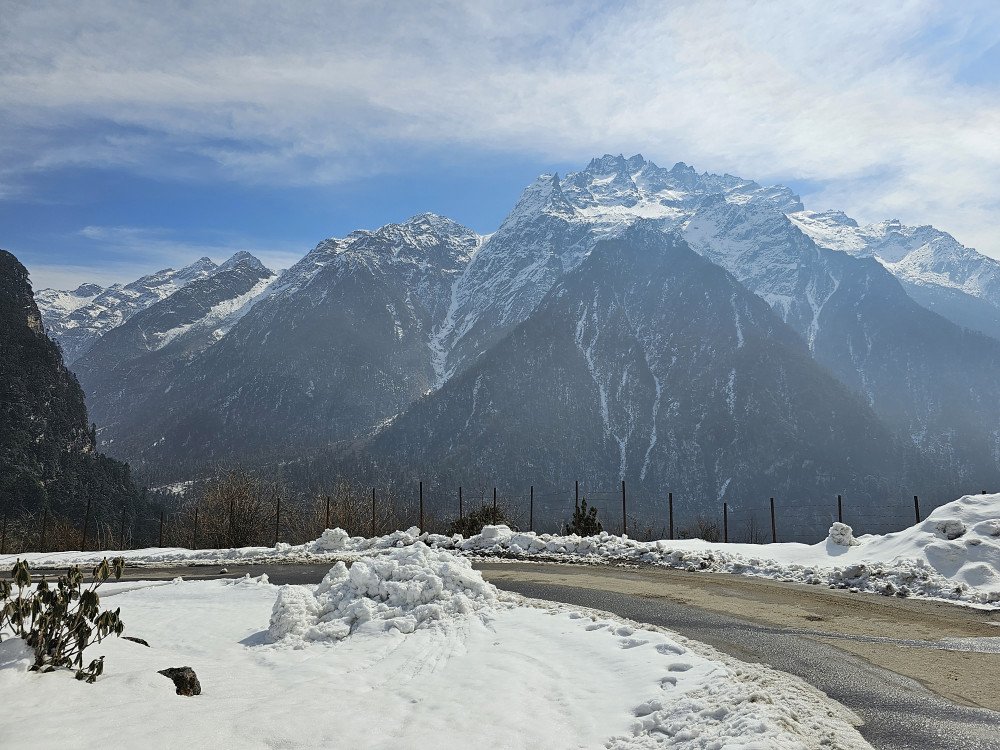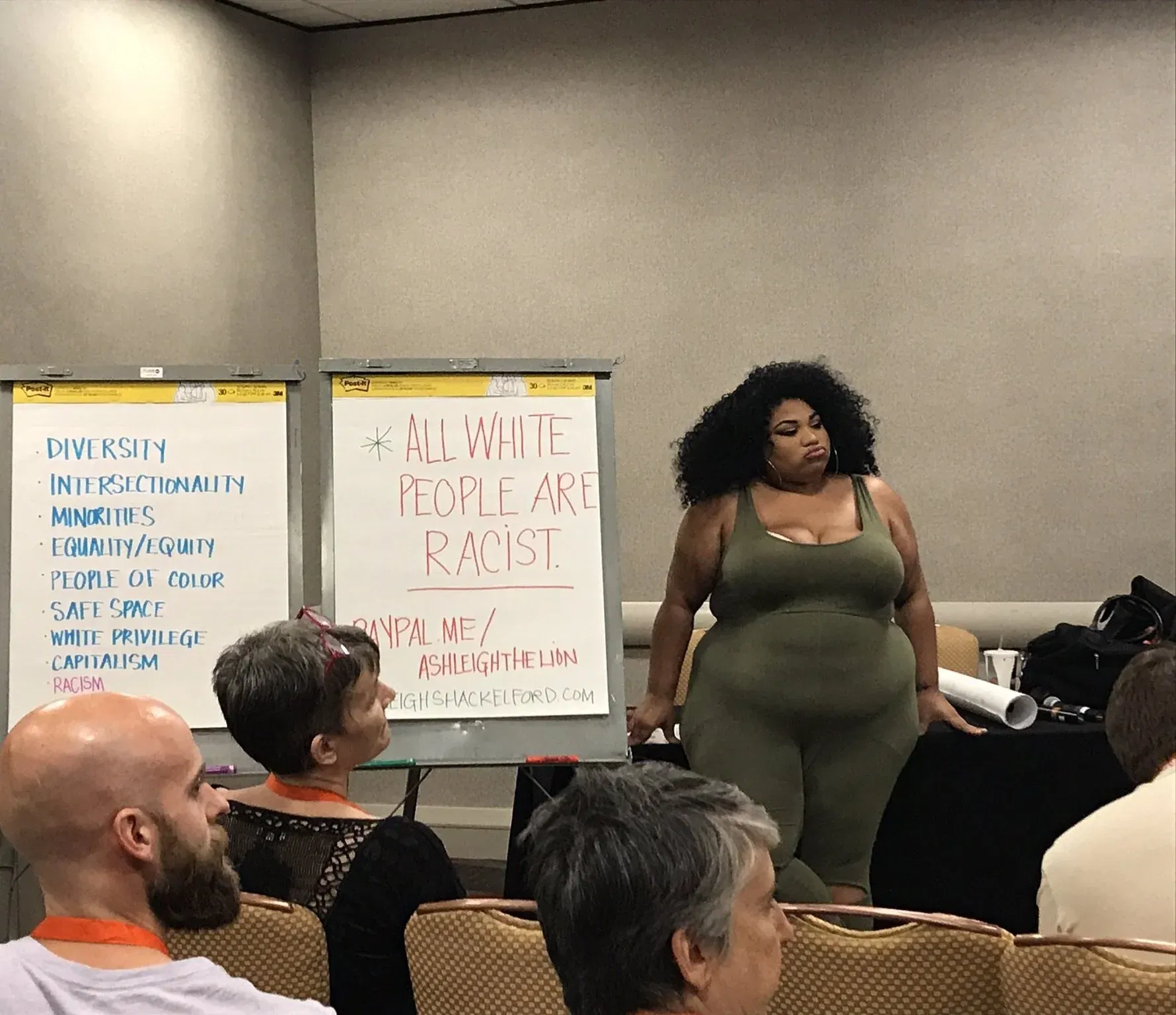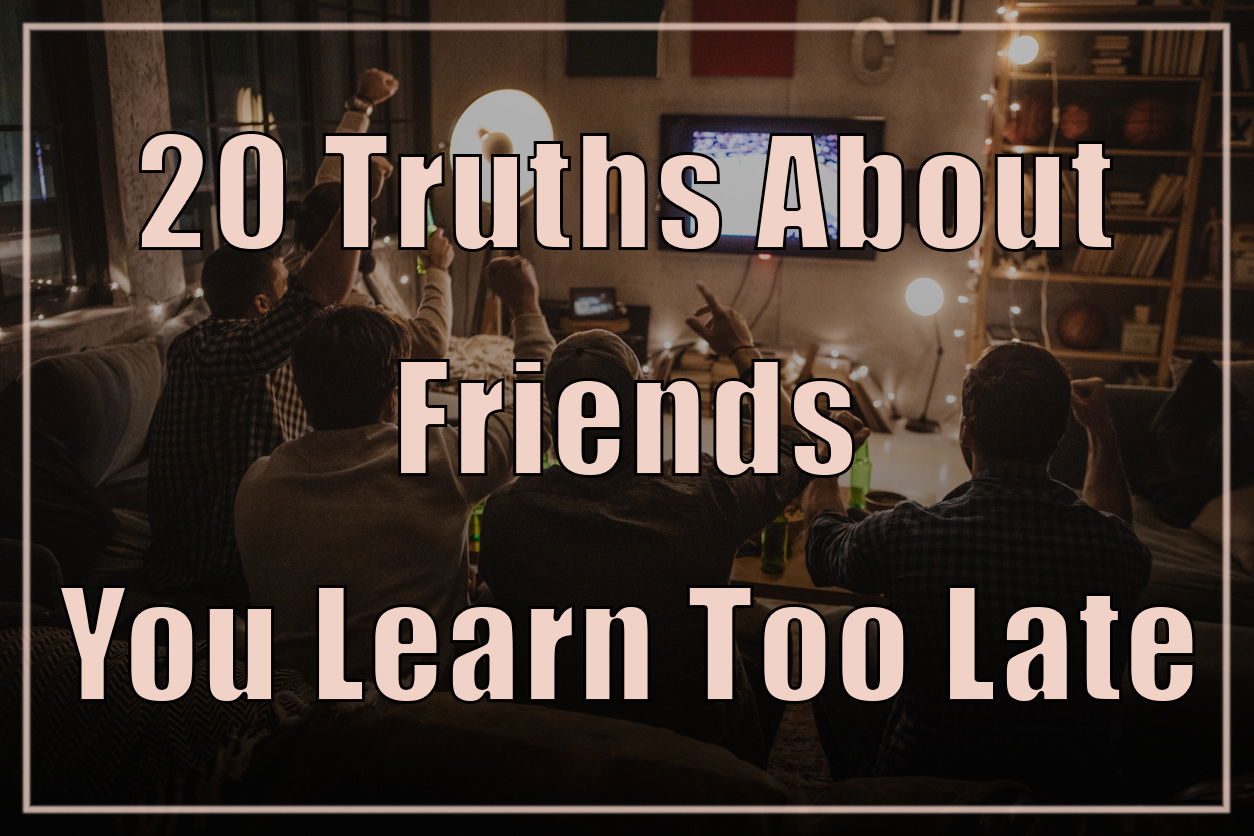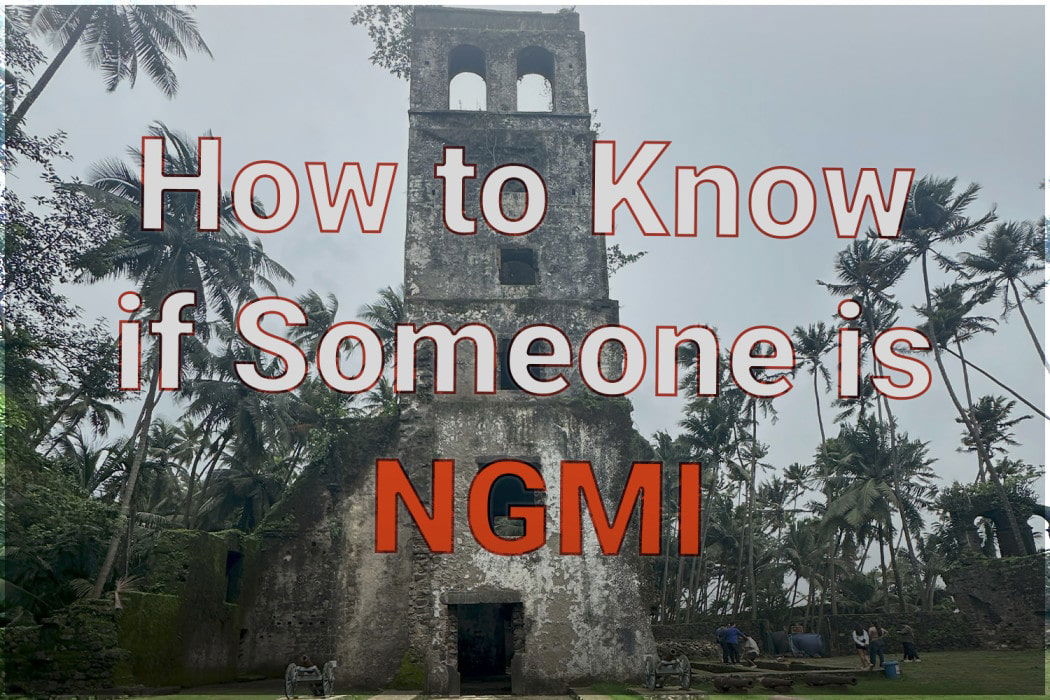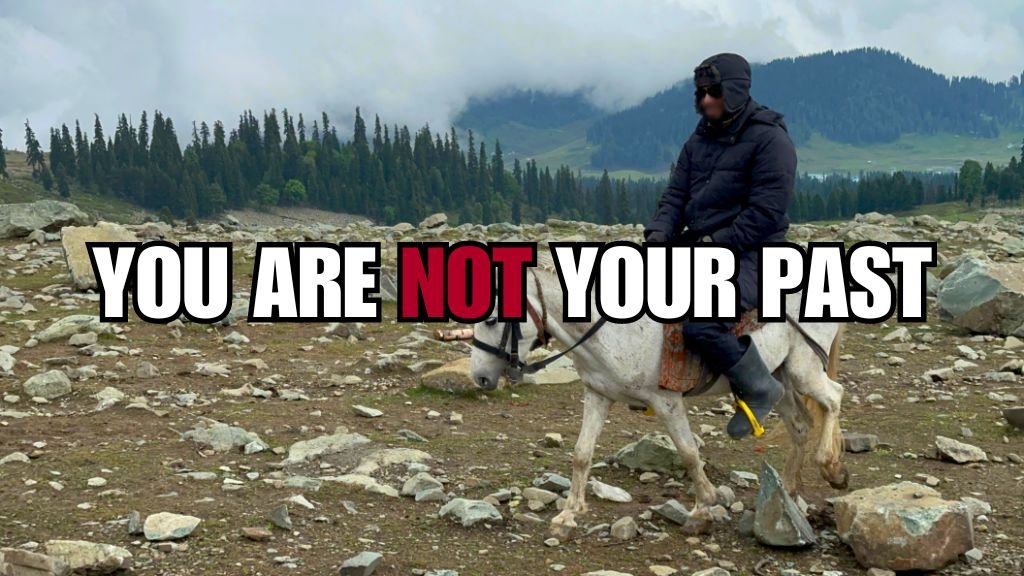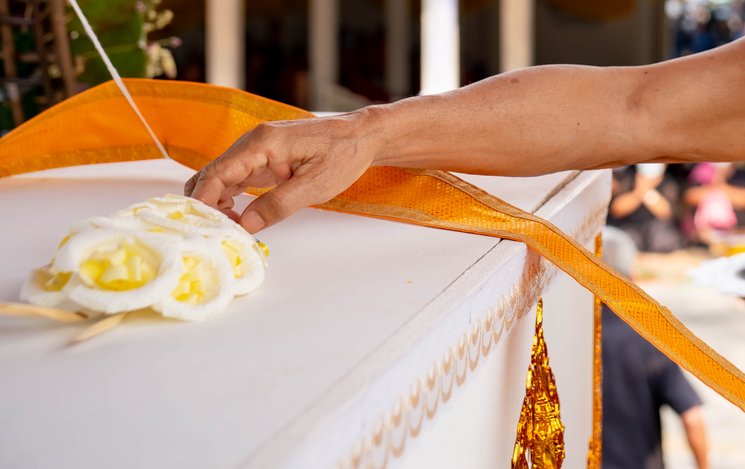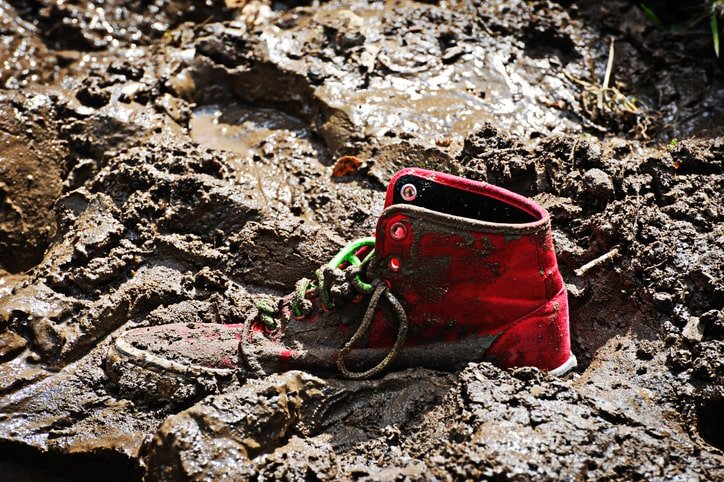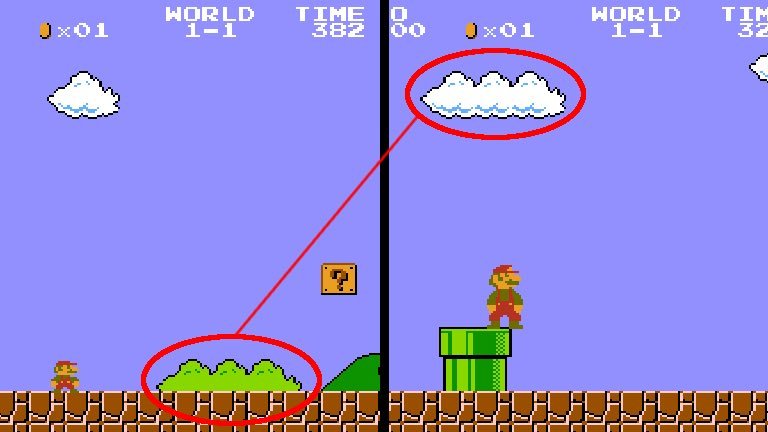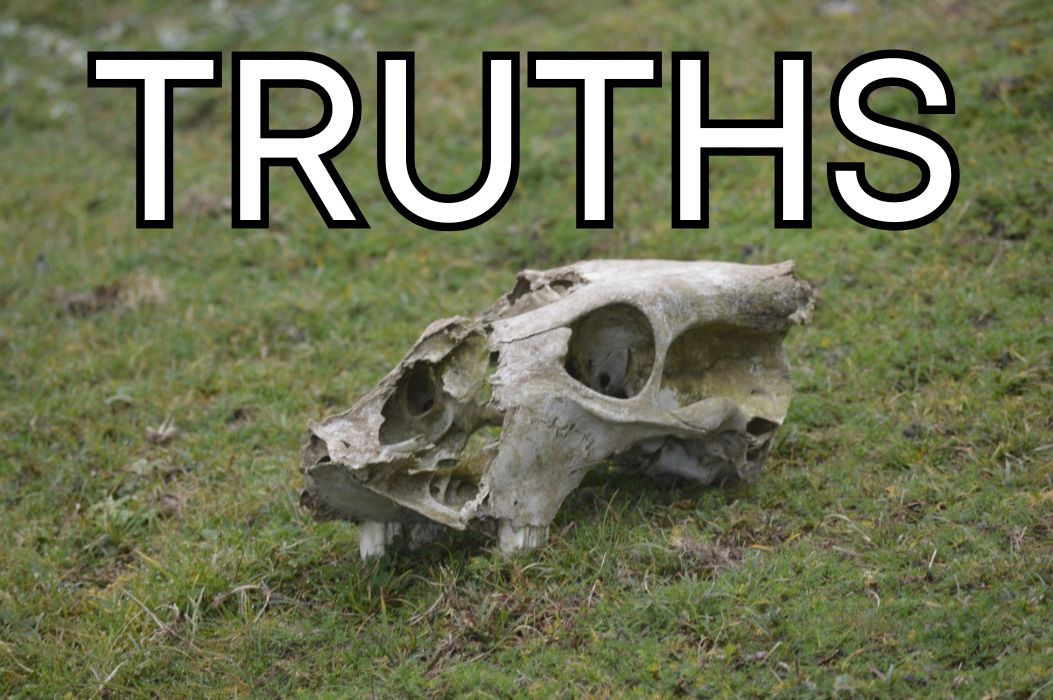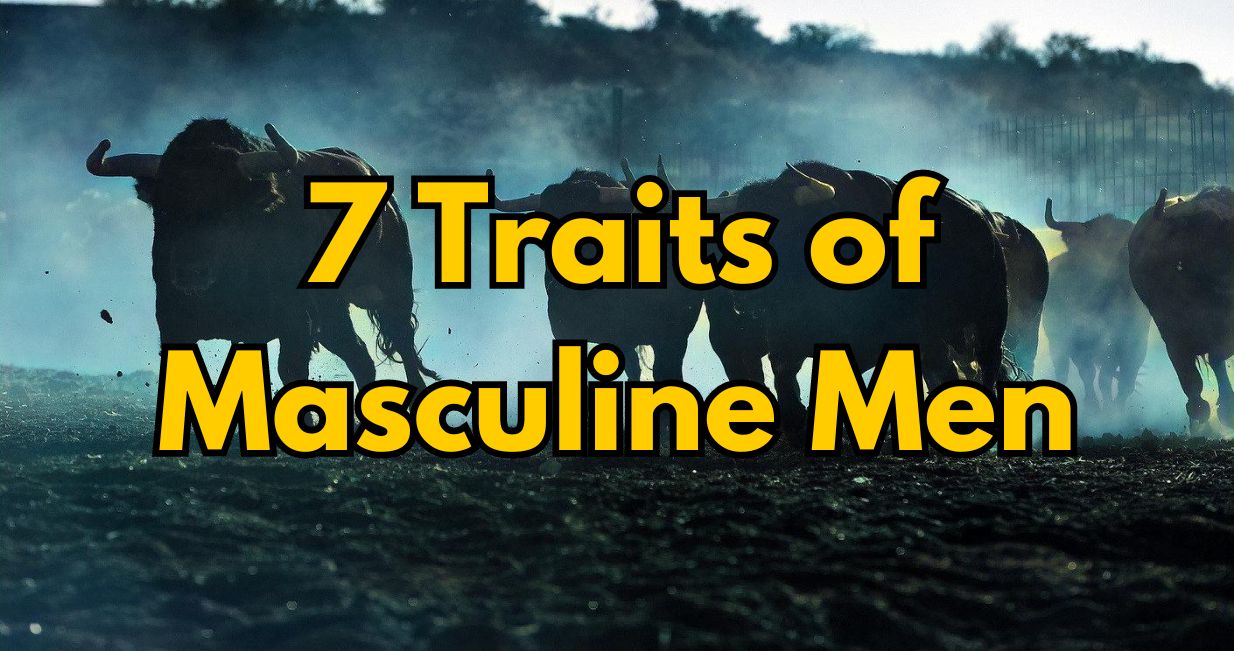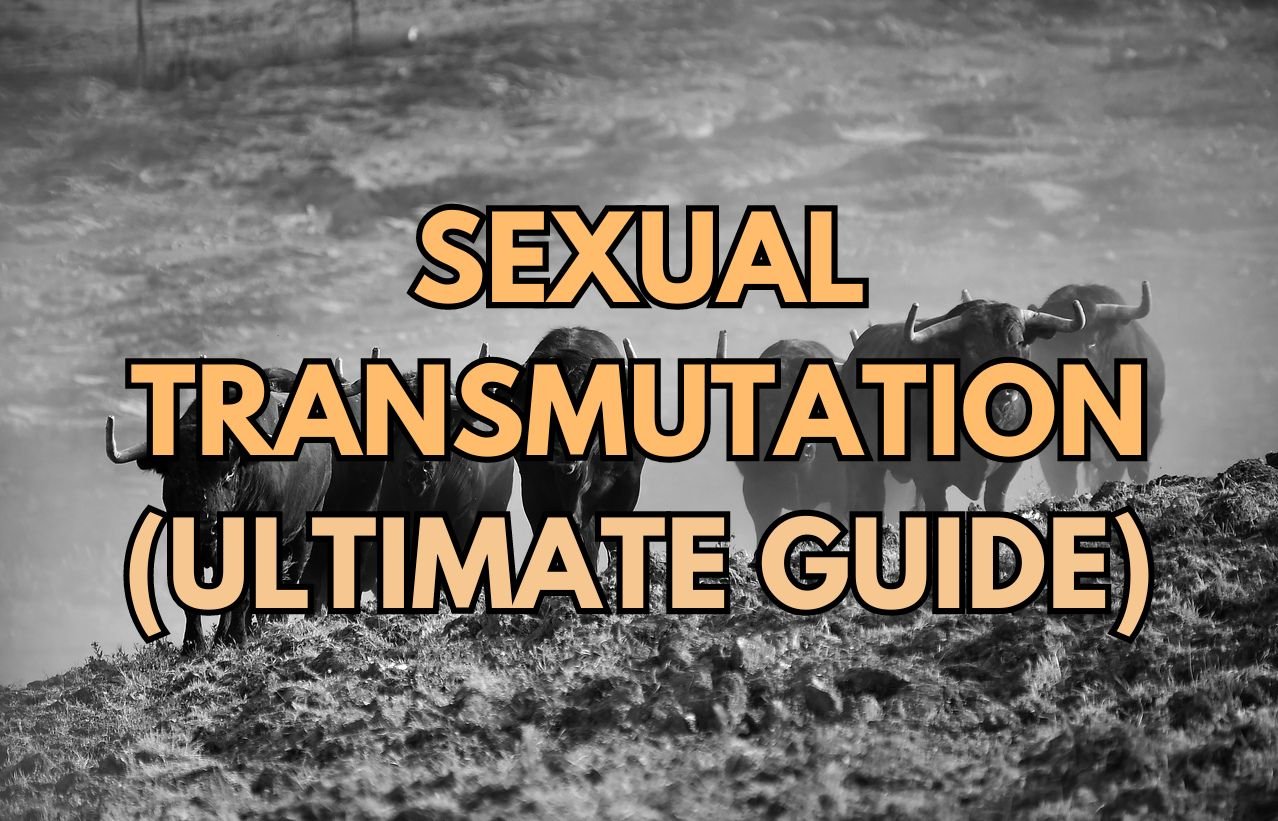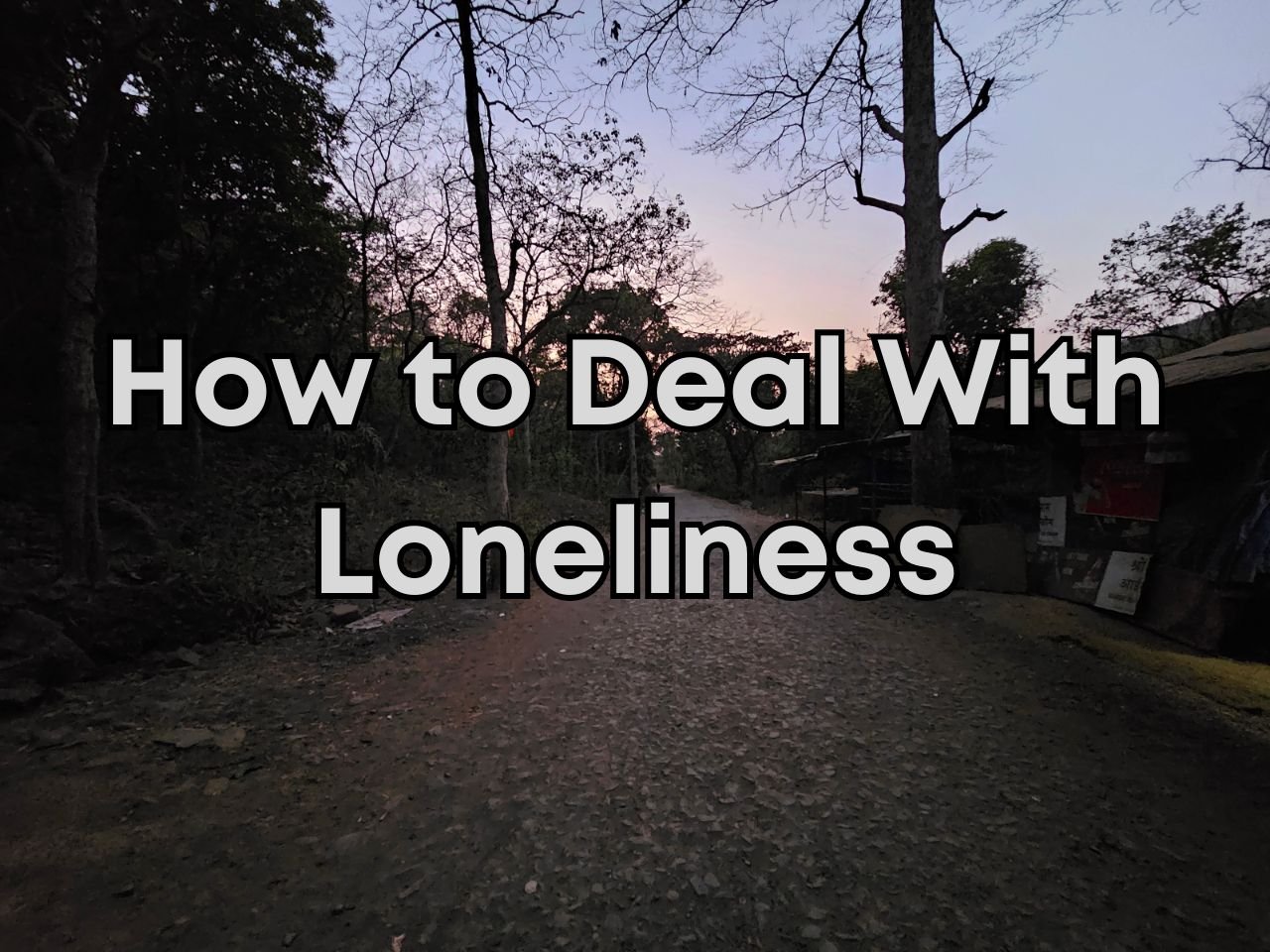From the desk of Harsh Strongman
Location: A basecamp in the Himalayas
Hey brothers,
I have some good news.
I just successfully completed a Himalayan expedition which involved finding a new route up a mountain. The route went through 2 different valleys and some dense forests.
Everyone in the team successfully summited except for one member who had to turn around because of acute mountain sickness (AMS).
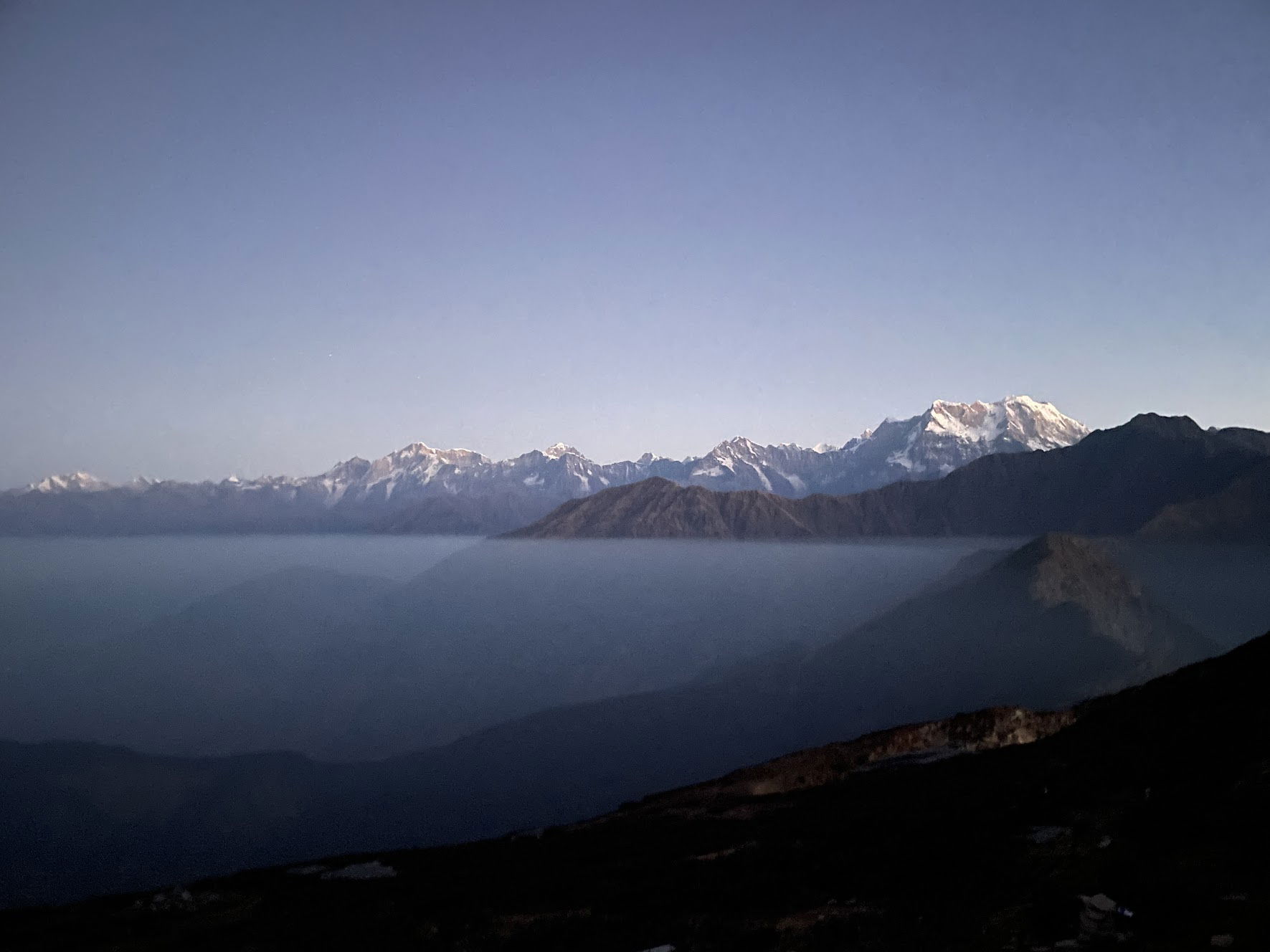
On the way the team camped where we could, drank from streams, built our own fires, encountered wild animals (mostly foxes), and climbed through dense jungle.

We had a ton of technology that made it all possible such as:
- Lighters
- Down jackets
- Lightweight trekking shoes
- Packed foods with long shelf lives
- Sunscreen, antibiotics, (lots of) diamox, etc.
- Butane stoves and mosquito sprays
- Phones and GPS for navigation
- etc.
As we climbed, we were acutely aware that if it wasn’t for these technologies available to us, the climb would be impossible.
Without the lighters we wouldn’t even be able to light a fire.
Before civilization was widespread, almost every human knew essential skills like how to start a fire, how to hunt, how to be safe in a jungle, how to move with stealth, etc.
Back in the day, knowing how to start a fire would be considered an essential skill. Today these are specialty skills that very few people know anything about.
Most people’s knowledge of starting a fire is limited to “you need to rub stones together”.
People don’t know about starting fires because most of us never need to start one from scratch. If we need a fire, we can just use a lighter.
Poetry was an essential skill too.
There’s a lot of skills like these and most of them are not survival based. A very simple example is poetry.
Yes, poetry. If you look at all the very ancient texts – they are all poetry.
The Vedas are poetry, the Ramayana is poetry, The Mahabharata is poetry, The Iliad and the Odyssey are both poetry, the Epic of Gilgamesh from Mesopotamia is poetry, etc.
Why are all the very ancient works of knowledge poetry?
Because they are works that were created prior to the time when writing existed or was accessible.
If you can’t write, you have to memorize.
If you were taught basic poetry in school, you will remember that you were asked to memorize poems and that poems are very easy to memorize (even kids can do it).
On the other hand, memorizing prose is really hard. There’s something about human memory that makes it easier for us to memorize things that have rhythm.
This is also why people have thousands of songs memorized but can’t remember a page of text they read 2 hours ago (and another reason why you pick and choose what music you listen to).
Skills change with time, wisdom doesn’t. Wisdom is eternal.
For 99% of humanity, learning how to start a fire without a lighter is a waste of time. So is learning how to hunt, or how to shoot a bow, or any other “essential skills” of the bygone eras.
Likewise, if you spent years learning how to compose beautiful poetry that could be easily memorized – you would be wasting your time.
SKILLS change with time because new technology shows up that makes the skill useless.
Instead of memorizing poetry, you can just write down the information and preserve it on paper or any other instrument.
The big difference between skills and wisdom is that skills are transitory (they change with technology) while wisdom is eternal.
For example, here are some quotes from ancient texts from thousands of years ago:
“You have a right to perform your prescribed duties, but you are not entitled to the fruits of your actions. Never consider yourself to be the cause of the results of your activities, nor be attached to inaction.” – Bhagavad Gita
“As the generation of leaves, such are the generations of men. The wind blows, and scatters some of the leaves on the earth; but the trees grow and flourish again, once the springtime comes back around. Thus a generation of men grows as the other passes away.” – Iliad
“In times of prosperity, friends will be plenty; In times of adversity, not one in twenty.” – Ramayana
“Only the timid and the weak leave things to destiny, but the strong and the self-confident never bank on destiny or luck.” – Ramayana
“It is the nature of women all over the world to be vicious, fickle, and sharp-tongued and to sow seeds of dissension.” – Ramayana
All of these quotes from thousands of years ago are still true and helpful to you today.
That’s the difference between skills and wisdom.
Skills change based on technology and other factors.
Wisdom is eternal and never changes. It was true 20,000 years ago just as much as it is true today.
Why am I telling you this? What’s the point?
You will often see people of two types:
- People who glorify the past and hate the present
- People who hate the past and glorify the present
Examples of the former are people who hate modern technology, think we should all stop using AI and modern communication, think modern medicine is bad, and glorify the way people in the past lived.
And examples of the latter are people who think a wife belonging to her husband is “stone age stuff”, think if you have more than 1-2 children then you’re a savage, and encourage casual sex and skimpy clothing as a way to be “liberated”.
Both of these people are wrong. They have a take all / leave all approach which doesn’t work in the real world.
If you are smart (if you’re an LMM reader, you’re most likely high IQ because low IQs aren’t reading this wall of text this far) you will choose MODERN SKILLS and ANCIENT WISDOM.
In Conclusion: Modern skills + Ancient wisdom
You want to pick and learn modern skills instead of glorifying the skills of the past.
It is completely useless to learn how to make really good poetry. Likewise, if you’re obsessed with “traditional” arts like swordfighting and Ayurveda, you’re an idiot.
Swordfighting is useless when facing modern weapons (guns) and Ayurveda is pretty much useless compared to modern medicine.
Even the most vehement advocate of Ayurveda goes to a real doctor when he gets typhoid.
Politicians love promoting ancient arts for votes but when their child gets jaundice, they aren’t going to an Ayurvedic practitioner. They go to the doctors who work at the real hospitals they always criticize in their speeches.
On the other hand, you always want to pick ancient wisdom over modern wisdom. This is because ancient wisdom has stood the test of time and is just as true today is it was when it was written many millennia ago.
You don’t want to reject the ancient wisdom of “a happy man is one who has many children and lives to play with his grandchildren” because in the modern day you are told that children are expensive and being childless is “cool”.
The ancients will tell you to transmute your sexual energy while the moderns will tell you that there’s nothing wrong with consuming internet pornography.
Anyone who cuts back on masturbation even for a week or two can feel that they have more vitality and energy while studies show that consuming internet pornography shrinks the brain.
You can try this for yourself.
Clearly the ancient wisdom is right.
When you reject things from the past make sure you’re rejecting skills that no longer work and not rejecting ancient wisdom that will always be true.
Likewise when you accept things from the present, make sure you accept modern skills not modern “wisdom”. Modern wisdom will tell you that smoking cigs and getting abortions is freedom for women – but that’s bullshit.
You need to be smart about what you take from the world. Old is not necessarily bad and new is not necessarily good.
If you can do this, you’ll go a long way and avoid a TON of major life mistakes you’ll see lots of people around you make.
Avoiding major mistakes alone is enough to get you in the top 20%.
Hope that helps.
Until next time.
Your man,
Harsh Strongman

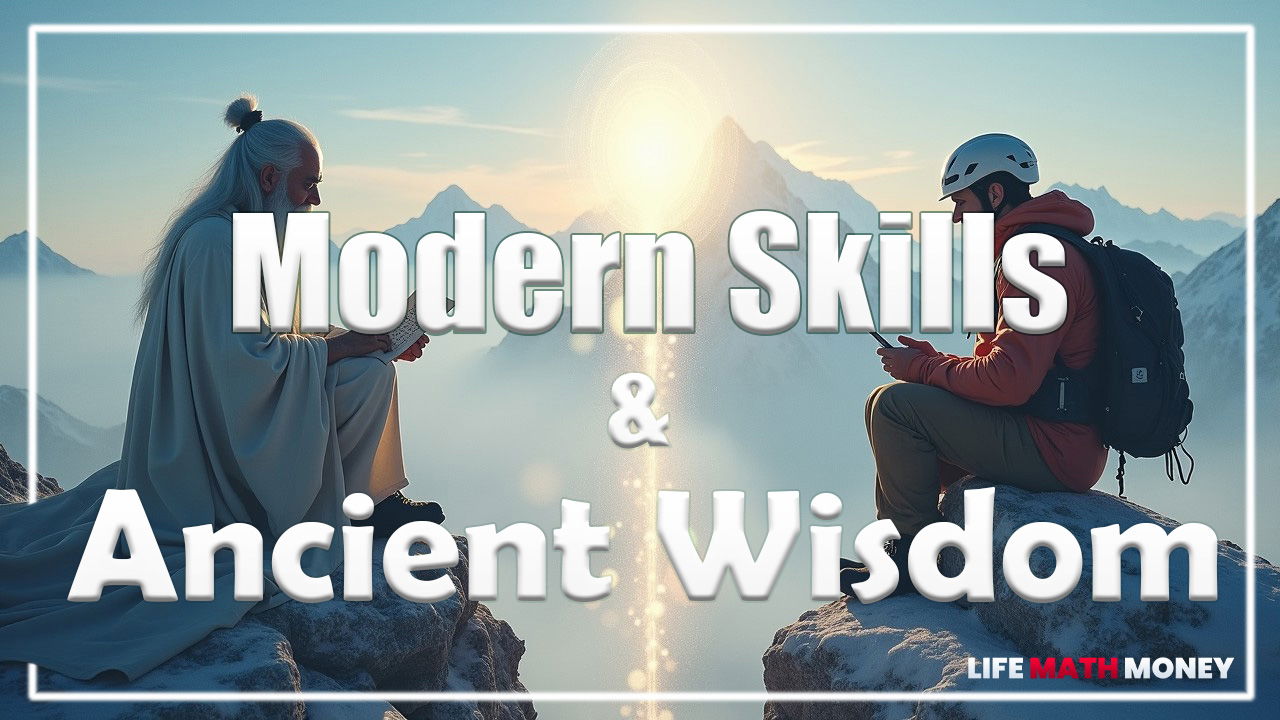




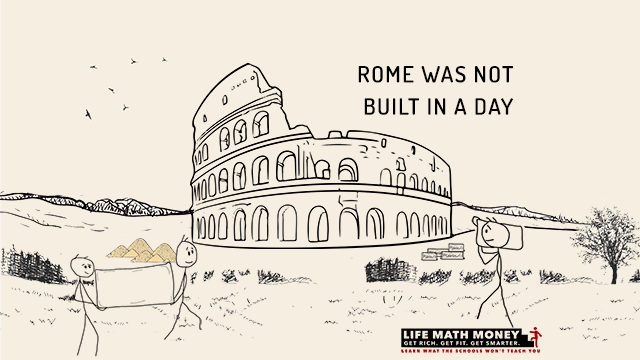



![Traits Women Find Attractive Traits Women Find Attractive (And How to Score Yourself) [PART 1: Physical Aspects]](https://lifemathmoney.b-cdn.net/wp-content/uploads/2025/11/Traits-Women-Find-Attractive-1.jpg)




